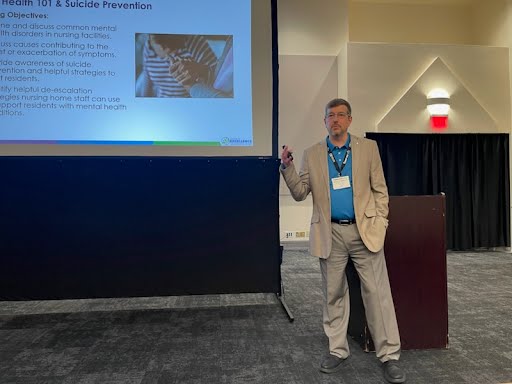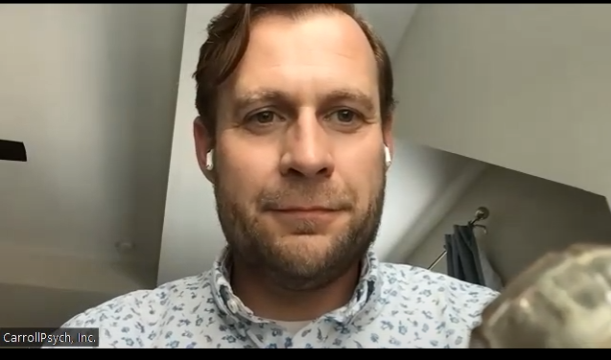There is a quote often attributed to President Harry Truman: “It is amazing what you can accomplish if you do not care who gets the credit.”
It sounds great on paper, as part of a speech, or as a piece of a company’s vision statement, but in reality it is difficult for us to put into practice.
At least it was a tough lesson for me to learn.
There was a moment when my suggested way of coding notes within a new Electronic Medical Record system was rejected as not needed, and I did not take “no” for an answer.
I fought again for what I believed was needed. But after failing in that attempt, I decided to save the rest of my capital for other fights. Then nine months later, the billing department presented my idea as its original idea and asked for it to be implemented immediately.
Angrily, I complained to my boss, who agreed it was not fair. She praised me for having the idea in the first place, but she also said something that has stuck with me: “Bryan, instead of being mad you don’t get the credit, why not be happy that we are now doing what you wanted”
The change I wanted was being enacted and everyone using the system would have a much easier time. Eventually, I received credit from others in private, and I was instrumental in guiding the change.
My reaction was not unique. Human beings need praise. We need to feel we are accomplishing something and we want to be recognized when we do. In fact, studies show that we do best with about five items of praise for every one item of negative feedback.
Good leaders understand that it is critical to give others the appropriate credit for what they have accomplished, that it lets everyone know that excellent work will be rewarded.
The big stuff can be easy. The firm lands a major customer, and you reward the team that did the crucial work, which allows every teammate to know they each had a stake in the overall success of the project.
But I find those things are too far apart. Instead of waiting, I strive to notice the little things being done along the way by my direct reports. Was there some exceptional contribution by a particular employee? I know acknowledgment for something that personal will count for a lot more.
Gregory Favre, retired editor for the Sacramento Bee (and my Uncle) once gave me great advice. He told me to use hand written praise, and speak criticism (unless you need the paper trail). I have done this in past to great effect, but reminded of it, I am going to endeavor to make this a habit.
It is true, as President Truman said, we can get a lot done if we don’t care who gets the credit. But I also know that recognition satisfies a basic human need for achievement and a sense of self-esteem.
And that is why I want my employees to receive the praise and glory that is their due. By being engaged in this way, I am going to have a more engaged, more joyful, more successful team.
Bryan G. Stephens is an executive on a mission to transform the workplace. He is the founder and CEO of TalkForward, a consulting and training company, utilizing Bryan’s clinical and management expertise to develop managers and teams in a corporate environment. As a licensed therapist with strong understanding of developing human potential, he is dedicated to the development of Human Capital to meet the needs of leaders, managers, and employees in the 21st Century workplace.
Bryan has an Executive MBA from Kennesaw State University, Coles School of Business, and both a Master’s and Bachelor’s degree in Psychology.






